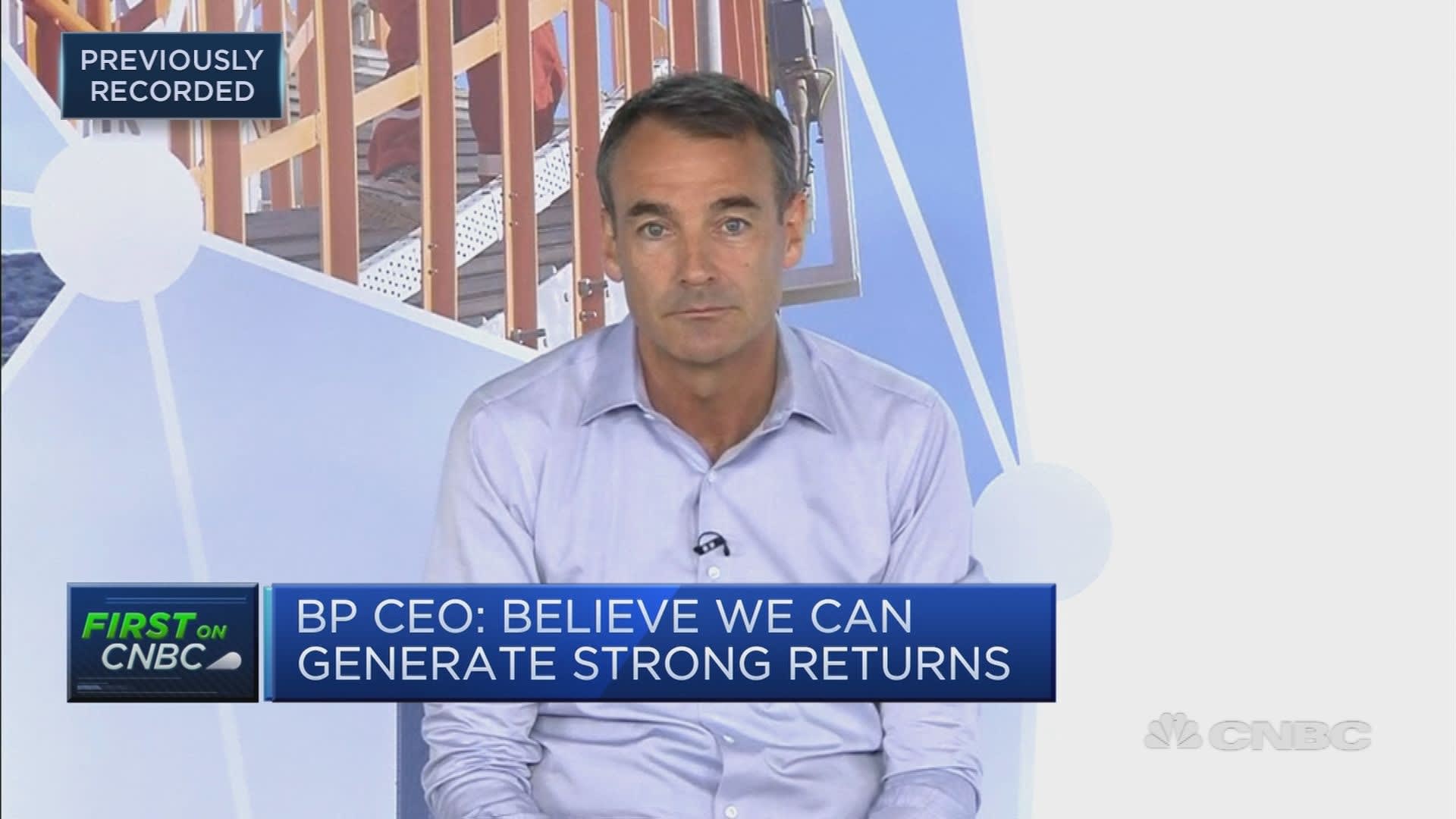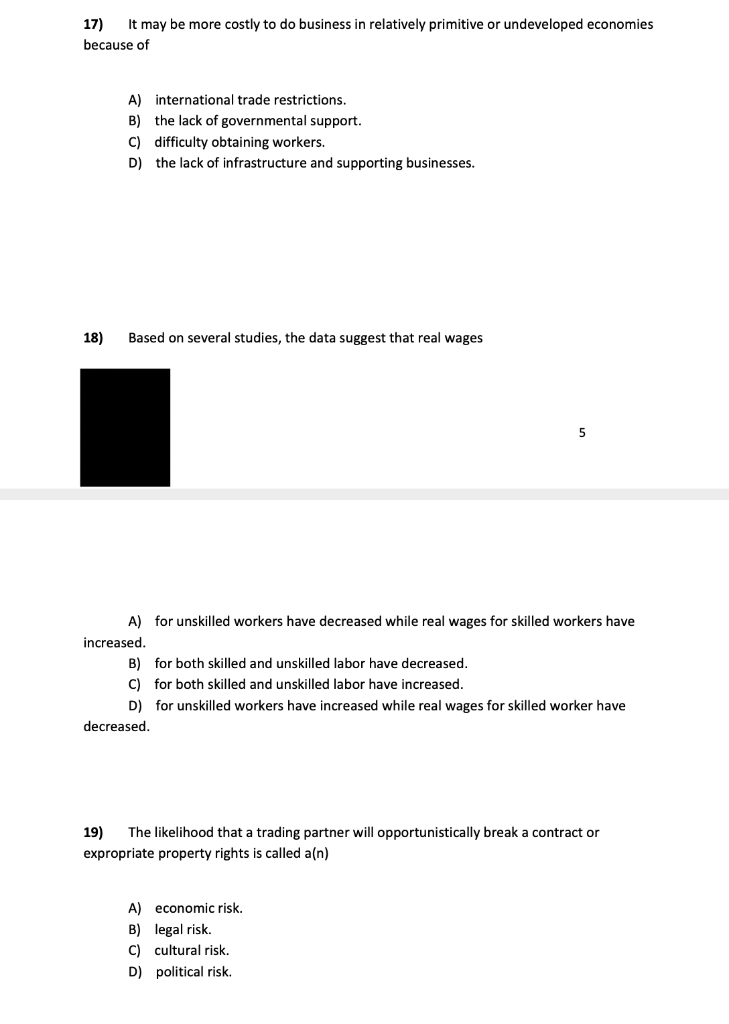Macron's Challenge To The EU: Buy European, Not American

Table of Contents
The Rationale Behind Macron's "Buy European" Strategy
Macron's push for a "Buy European" approach stems from deep concerns about Europe's dependence on American technology and critical goods. He argues that this reliance undermines European sovereignty and poses significant risks to national security. The strategic implications are profound; a dependence on external suppliers for essential technologies and resources leaves Europe vulnerable to political pressure and potential disruptions.
This strategy specifically targets several key sectors:
- Defense: Europe's reliance on US defense technology and equipment has long been a source of concern for Macron and other European leaders. The "Buy European" initiative aims to bolster European defense industries and reduce dependence on external suppliers.
- Technology: The dominance of American tech giants in areas like artificial intelligence, semiconductors, and cloud computing raises concerns about data security and technological dependence. "Buy European" seeks to nurture domestic tech champions and reduce reliance on US companies.
- Energy: Europe's energy security is another critical area targeted by the "Buy European" strategy. Reducing reliance on imported energy, particularly from outside the EU, is a key aspect of this initiative.
Specific examples of US dominance and associated risks:
- Semiconductors: The US controls a significant portion of the global semiconductor market, creating a potential vulnerability for European industries reliant on these components.
- Software: American companies dominate the global software market, leading to concerns about data privacy and control.
- Cloud Computing: The majority of cloud infrastructure is based in the US, raising concerns about data sovereignty and security for European businesses and governments.
Economic Implications of a "Buy European" Approach
Prioritizing European goods and services could potentially stimulate job creation and boost domestic production, leading to economic growth within the EU. However, this protectionist approach also carries significant economic drawbacks.
Potential Benefits:
- Increased domestic production and job creation in targeted sectors.
- Strengthened supply chain resilience within the EU.
- Reduced reliance on foreign suppliers, enhancing economic independence.
Potential Drawbacks:
- Higher prices for consumers due to reduced competition and potential trade barriers.
- Retaliatory tariffs and trade wars with the US and other trading partners.
- Reduced access to global markets and decreased competitiveness for European businesses.
- Negative impacts on EU member states with strong economic ties to the US, like Germany.
Political Ramifications of Macron's Initiative within the EU
Macron's "Buy European" policy has generated a mixed response within the EU. While some member states share his concerns about strategic autonomy, others are deeply committed to free trade and the benefits of global market integration.
Political Support and Opposition:
- Support: Countries concerned about strategic dependence on the US and eager to foster domestic industries are likely to support Macron’s initiative.
- Opposition: Member states heavily reliant on trade with the US, particularly in specific sectors, may oppose the policy due to the risk of economic repercussions.
This initiative risks fracturing EU unity and jeopardizing the EU's commitment to free trade agreements, potentially damaging the bloc's relationship with the US and other key global partners. The potential for political instability and trade disputes within the EU is significant.
The "Buy European" Movement: Alternatives and Counterarguments
While Macron's "Buy European" strategy aims to strengthen European competitiveness, alternative approaches exist that don't rely on protectionist measures.
Alternative Approaches:
- Investing heavily in research and development to foster innovation within European industries.
- Promoting regulatory harmonization within the EU to create a more unified and competitive internal market.
- Facilitating strategic partnerships and collaborations between European businesses.
Counterarguments to Macron's policy highlight the potential inefficiencies of protectionism, arguing that free competition and market access ultimately benefit consumers and drive innovation more effectively. While protecting strategic sectors is crucial, an overly protectionist approach could stifle economic growth and limit opportunities for European businesses.
Conclusion: The Future of "Buy European" and EU-US Relations
Macron's "Buy European" initiative presents a complex challenge, balancing the need for strategic autonomy and national security with the economic benefits of free trade and global market integration. The initiative's potential success hinges on the ability to navigate the intricacies of EU politics and manage the risks of retaliatory measures from trading partners. Its long-term impact on EU trade policy, transatlantic trade relations, and the overall economic health of the EU remains uncertain. The future of "Buy European" and EU-US relations will depend heavily on the willingness of EU member states to compromise and find a balance between protectionist measures and the benefits of open markets. What do YOU think about Macron's "Buy European" strategy? Learn more about the impact of "Buy European" policies by researching current developments from reputable sources like the European Commission and the Peterson Institute for International Economics.

Featured Posts
-
 Trans Australia Run World Record On The Brink
May 21, 2025
Trans Australia Run World Record On The Brink
May 21, 2025 -
 Ing Group 2024 Annual Report Form 20 F Released
May 21, 2025
Ing Group 2024 Annual Report Form 20 F Released
May 21, 2025 -
 Current Conditions Southern French Alps Experiencing Late Season Snowstorms
May 21, 2025
Current Conditions Southern French Alps Experiencing Late Season Snowstorms
May 21, 2025 -
 A Realistic Look At A Young Playwrights Watercolor Inspired Script
May 21, 2025
A Realistic Look At A Young Playwrights Watercolor Inspired Script
May 21, 2025 -
 Bp Ceo Aims To Double Company Valuation Rejects Us Listing
May 21, 2025
Bp Ceo Aims To Double Company Valuation Rejects Us Listing
May 21, 2025
Latest Posts
-
 Where To Start A Business In Country Name A Guide To Thriving Locations
May 21, 2025
Where To Start A Business In Country Name A Guide To Thriving Locations
May 21, 2025 -
 Rethinking Middle Management Their Impact On Company Performance And Employee Satisfaction
May 21, 2025
Rethinking Middle Management Their Impact On Company Performance And Employee Satisfaction
May 21, 2025 -
 Americans Escaping Trump The Rise Of European Citizenship Applications
May 21, 2025
Americans Escaping Trump The Rise Of European Citizenship Applications
May 21, 2025 -
 Uncovering The Countrys Next Business Powerhouses A Location Guide
May 21, 2025
Uncovering The Countrys Next Business Powerhouses A Location Guide
May 21, 2025 -
 Investing In The Future Identifying The Countrys Key Business Growth Areas
May 21, 2025
Investing In The Future Identifying The Countrys Key Business Growth Areas
May 21, 2025
